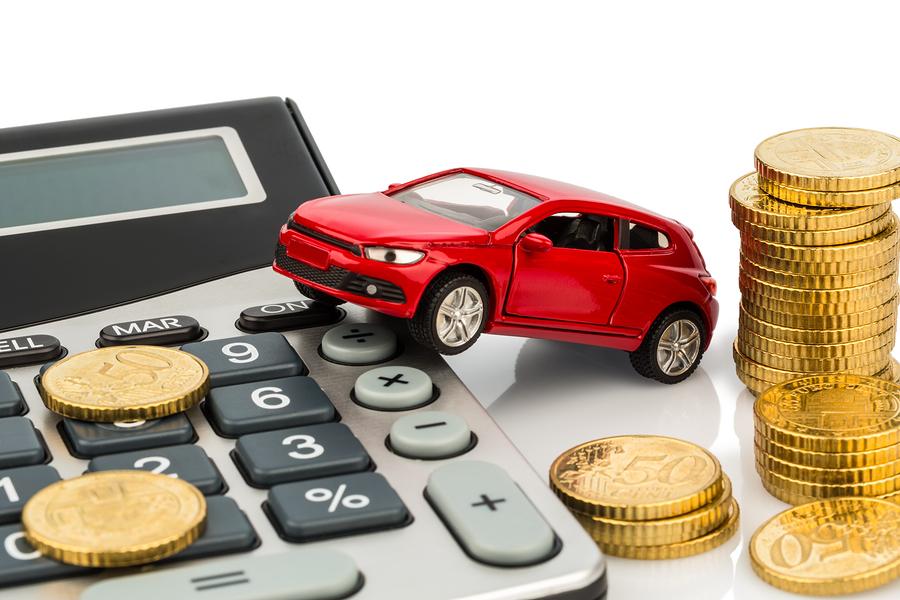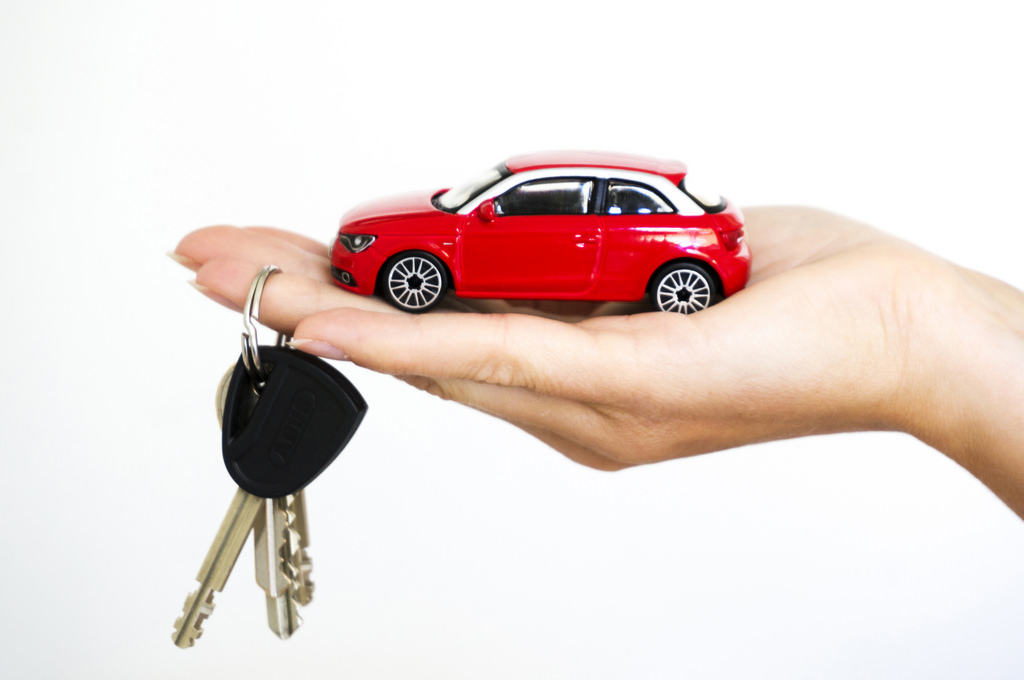If you’re going to buy a new car on finance, or you’re looking to part-exchange your current vehicle as part of the deal, then you’re in essence going to be paying some form of deposit. But what’s the minimum deposit, what’s the maximum and how does part-exchange work?
MINIMUM DEPOSIT
Does what it says on the tin, this one, and it is basically a nominal fee on the part of the finance lender that ties you into the bigger loan. What the minimum deposit functions as is a firm expression of interest from the buyer (you) that they’re going to go ahead with the deal on the car. Typically, on PCP and HP deals, a minimum deposit will be only a couple of hundred Euro (say €250 or so), but there are occasions when manufacturers will offer ‘no deposit, no APR’ deals – we’ll come onto this in a moment. Of course, if you decide to pay the absolute minimum deposit fee, then you’re financing much more value in the car, which means you’ll be paying more per calendar month (pcm) for the vehicle going forward.
MAXIMUM DEPOSIT
Theoretically, there is no maximum deposit on some finance deals – you can pay as much or as little as you want to – but a) it makes no sense to stick, say, 95 per cent of the value down on a new car and then finance the remaining 5 per cent, as you might as well buy the car outright, and b) on PCP deals there does tend to be a ceiling to how much you can pay up-front. We’ve seen this number set at 35 per cent on quite a few deals, meaning if you want to finance a €30,000 car, the most you can set down as a deposit is €10,500. This is due to the way PCP deals are set up and how the manufacturer will make its margins on the amount you finance – the more you pay for a deposit, the less money you pay pcm and the less profit the manufacturer earns. Sometimes, you will find you get a better APR figure on the remaining loan if you put down a larger deposit – so, for instance, if you decided to go with no deposit at all, you might pay 8.7 per cent APR on the 36 months of finance payments, while if you stick something like €8,000 down, the APR on exactly the same vehicle may decrease to something like 6.5 per cent.

LEASING DEPOSITS
Like hiring a car for a long period of time – usually up to two or three years – leasing (or Personal Contract Hire: PCH) is a form of car finance in which you will never own the vehicle, nor will you even get the chance to buy it at the end of your agreement; which is where it differs to PCP and HP deals, where legal ownership of the vehicle will ultimately be yours, depending on certain factors (optional final payments etc). And because you’re only hiring the vehicle, and therefore paying a lower pcm fee, the mandatory deposit to get into a PCH deal is normally much higher than PCP or HP agreement. One plus point, though, is that maintenance is included in any leasing contract car, so you won’t pay for consumables like tyres/brakes etc or servicing, only having to fuel and insure the vehicle throughout your ‘ownership’ period.
PART-EXCHANGE
Of course, rather than having to find cash for a deposit on a new car, you can use your existing one to fund a deal. Some things to bear in mind here are that you will get a lower value from a dealer offering part-exchange than you would if you sold your car on the open market yourself (as the dealer will only sell your old vehicle on once you’ve driven your new car away, and so the dealer is looking to make a profit on what they paid for your old vehicle, which will be limited by its ultimate market value) and it can be tricky to work out how much equity, or money, you have in a part-exchange vehicle if you’re already financing it (i.e., it is at the end of a PCP deal). However, the bonus of part-exchange is that it takes away all the hassle of selling a car privately, and it ensures you hand in one car then drive another away from the dealership, meaning there’s no period where you have two cars on your property, one of which you don’t need.
Your part-exchange price will be set by how much your car is worth on the open market; so, if your vehicle is worth €10,000, then a dealer is likely to offer you around €6,500-€7,500 for it. If you’re bringing in a car that is the same brand as the new car you intend to finance, or you’re coming to the end of a PCP deal and you want to take out another PCP on a car from the same company, you might find the dealer is more generous on the part-ex price, but this isn’t a guarantee. Nevertheless, once you’ve agreed to part-ex your old car and the dealer has given you a price for it, this is what your deposit is worth – so if your vehicle is valued at €5,000, then you’ve placed €5,000 down as a deposit and the finance will be worked out accordingly.
If you’re in a PCP, you need to work out the difference in value between the Guaranteed Minimum Future Value (GMFV) of your current car and the market value; so if you have a GMFV of €7,500 and your car is actually worth €10,000, then you have €2,500 to put down on a new PCP deal – this is because the car-maker’s finance company will pay off the GMFV and then give you the difference to the car’s market value.

SCRAPPAGE
There’s one more type of part-exchange, which is a scrappage scheme. These don’t run very often, but when they do, they’re well worth taking advantage of – mainly because they are an attempt by the automotive industry to get older, more polluting cars off the road. So you’ll get much more cash for your vehicle than it might be worth, as the oldest, dirtiest cars are not worth a huge amount on the second-hand market, whereas scrappage schemes usually offer thousands of Euro to people taking advantage of them. Thus, if your old banger is worth €750, tops, and it qualifies for the terms and conditions set by a manufacturer offering a €3,000 scrappage scheme, then by part-exchanging it for a new car, you’re €2,250 up on the deal.
ZERO DEPOSIT, ZERO APR
The best time to put down no deposit on a car finance deal is when the manufacturer is offering one of these incentives – then, as long as you can afford the monthly payments, you’re better off paying nothing up front and splitting your costs over the next 24/36/48 months, as you’ll pay exactly the same amount of cash overall and you don’t need to find thousands of Euro as a deposit.